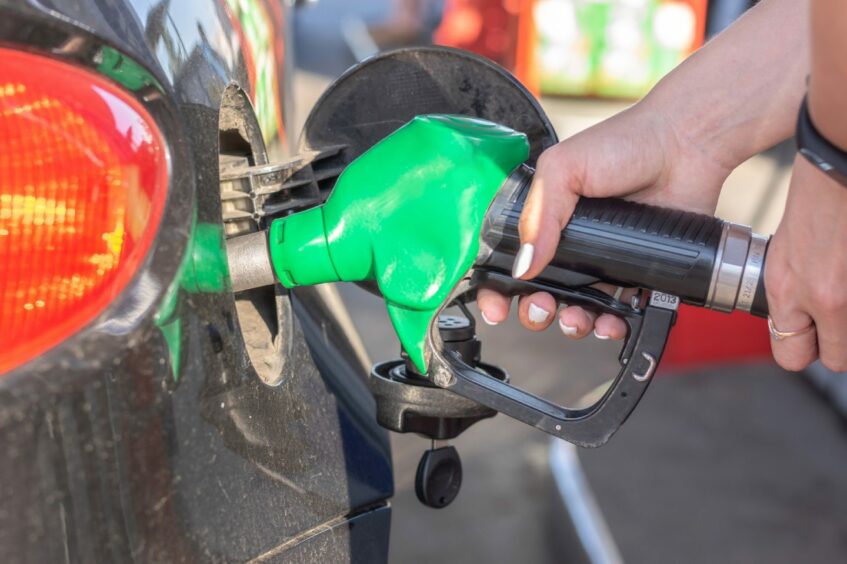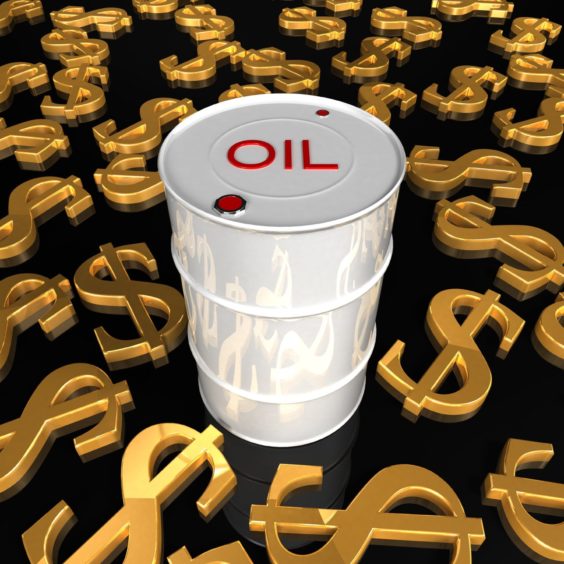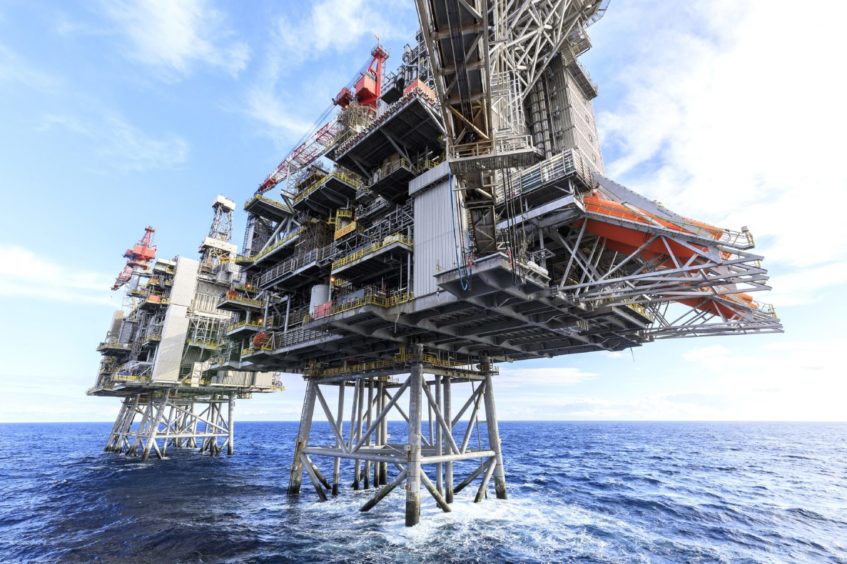The north-east earned its reputation as the energy capital of Europe for its significant involvement in the oil and gas industry over the past 30 years.
Despite challenges, the region remains buoyant, resilient and innovative as it pivots towards a new goal of becoming the net-zero capital of Europe.
Businesses, governments and individuals are increasingly focused on balancing Scotland’s and the UK’s energy market, security and resilience with the delivery of a “just transition” and the decarbonisation of the economy.
Getting Scotland and the UK’s energy transition right has the potential to unlock transformational economic growth.”
The events of COP26 in Glasgow last year almost seem a world away now, following the emergence of the Omicron variant of Covid-19, the Russian invasion of Ukraine and the unfolding of new post-pandemic economic challenges, such as rampant inflation.
With sharp rises in petrol and diesel costs driving up inflation to the 7% mark in recent weeks, the fastest rise in 30 years, businesses and consumers are feeling the impact on their finances.
The Scottish Chambers of Commerce quarterly business survey for the first three months of 2022 revealed record high levels of concern among businesses over inflationary cost pressures.
It casts a shadow over a relatively steady recovery from the worst effects of the pandemic.
Surging energy costs are continuing to put pressure on businesses, while the increased price cap will further erode discretionary spending by households as disposable income levels fall.
‘Tough decisions’
The impact of the UK Government’s failure to introduce an energy price cap for small and medium-sized enterprises has also resulted in businesses having to take tough decisions and, increasingly, pass costs onto consumers.
To help tackle the rising cost of living, prospects of a windfall tax on the profits of energy companies have been widely touted.
But this would be a blunt instrument more likely to harm investment in delivering a just transition, and would drive up energy prices to even higher rates for consumers.
Instead, the government should look to direct existing revenues from these businesses into support for renewable and low-carbon technologies, and deliver incentives which support reinvestment in net-zero, providing a long-term and more sustainable solution.
The UK Government has outlined plans for better energy security, amid ongoing volatility in international commodity markets, with the publication of a new strategy.
It will see new commitments to supercharge clean energy and accelerate deployment, with the ambition for 95% of the UK’s electricity to be derived from low-carbon sources by 2030.
The new strategy will also support the quicker expansion of nuclear, wind, solar, hydrogen, oil and gas energy sources – reducing the UK’s dependence on imports.
This in turn could create thousands more jobs in the energy sector over the next decade.
Critically, the UK Energy Security Strategy accepts that as part of a just transition to net-zero, oil and gas will remain integral to satisfying domestic energy demand for decades to come.
This will, of course, require exploration, development and production from new fields, which will be critical for energy security – sustaining jobs and our economy through the transition, and unlocking investment in low carbon technologies and renewables.
While, the Scottish Government has indicated it will not support the development of new nuclear sites in Scotland, many businesses are eagerly awaiting publication of the Holyrood administration’s new Energy Strategy and Just Transition Plan in the autumn.
Strong partnerships crucial
The success of this plan will rest on the delivery of strong local partnerships between business and government to develop investment opportunities that will deliver a maximum return on investment.
Moray and the north-east are poised to benefit from the £500 million Just Transition Fund being made available to help facilitate transition.
It is, therefore, essential businesses are supported to engage with delivery on the ground – accelerating the journey to net-zero, developing technology at scale and creating new jobs.
‘Complex’ economic challenges
Recovering from the pandemic creates a real opportunity to accelerate our net-zero ambitions.
But we need to do so in a way that protects the many communities involved in carbon intensive sectors of our economy and helps businesses adjust as they navigate complex economic challenges.
Getting Scotland and the UK’s energy transition right has the potential to unlock transformational economic growth, not only in the north-east but in every part of the country, while also delivering on net-zero ambitions, and providing energy security and supply at increasingly affordable prices.
Recovering from the pandemic creates a real opportunity to accelerate our net-zero ambitions.”
Keeping energy and a just transition at the forefront of the policy agenda at Holyrood and Westminster is critical to the future of our environment, economy, businesses and communities.
Rhetoric is high and ambition is good, but what we all want to see is a relentless focus on delivery to make this a success and secure Scotland’s place as a global leader in the net -economy.
Liz Cameron is chief executive of the Scottish Chambers of Commerce.



